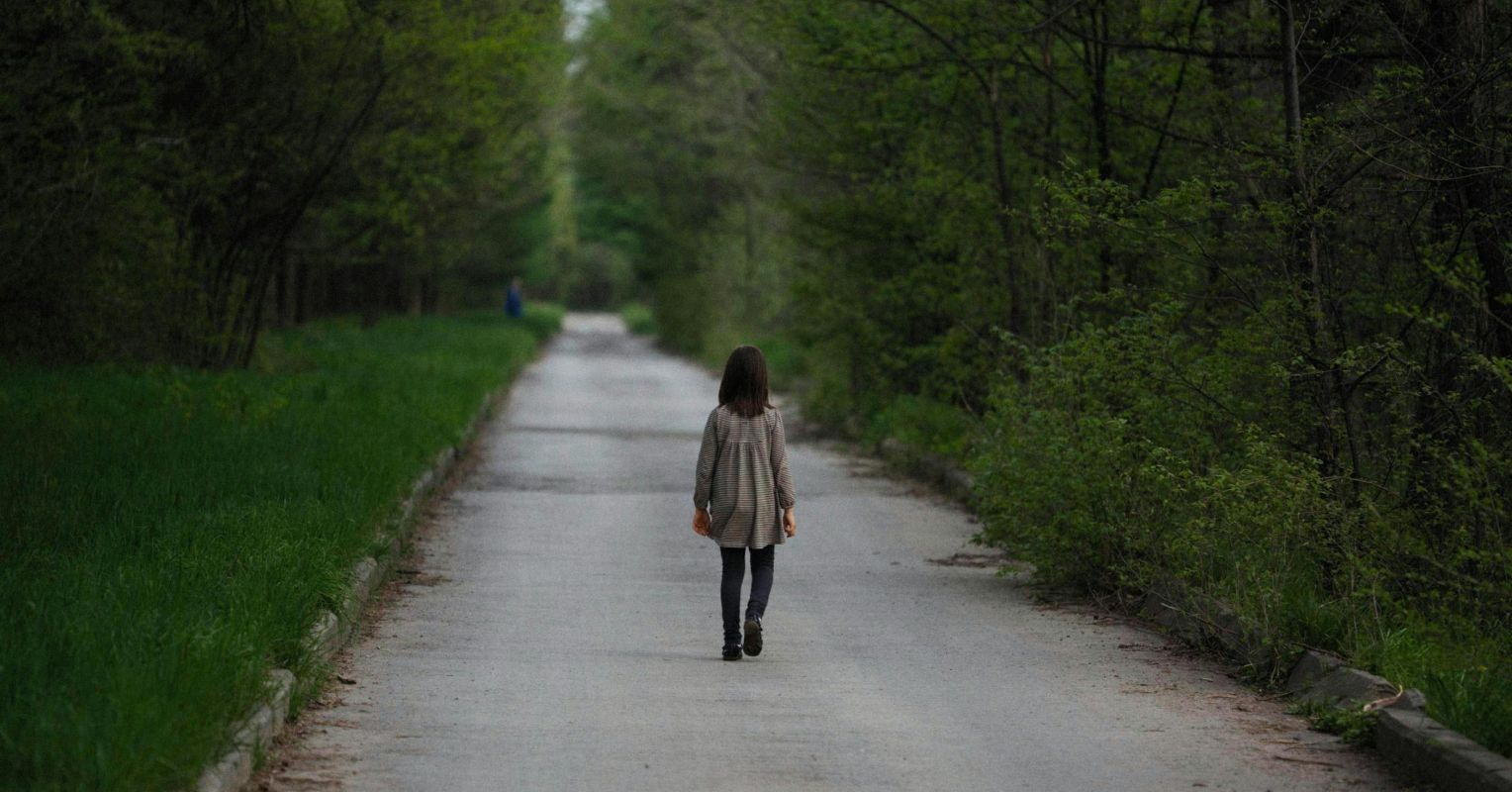970x125
On September 15, Judge William Ryan of Los Angeles Superior Court denied the Menendez brothers’ petition for a new trial. Their lawyers argued that two critical pieces of evidence were not heard by the jury that convicted them. One of these was a letter Erik had written to his cousin, describing the years of sexual abuse by his father, José Menendez. The other was a declaration from Roy Rosselló, a former member of the boy band Menudo, that he had been sexually abused by José Menendez.
Judge Ryan found that this evidence was not compelling enough to have changed the outcome by either producing reasonable doubt in the mind of a juror or negating the finding of premeditation and deliberation. But when the brothers testified to the sexual abuse at their first trial, more than one jury member did indeed find it compelling. That jury could not reach a verdict. It was in the second trial, when testimony on sexual abuse was excluded, that a guilty verdict was returned.
In the petition for a new trial, the prosecutor objected to the evidence on the basis of timeliness, stating that the letter was decades old. “Timeliness” is much less central to the question of what led to the murder than the profound impact of the abuse that occurred repeatedly. The denial of a new trial seems to rest on technical issues, rather than on the circumstances that arise from chronic sexual abuse. Like the judge in the second trial who did not want to hear about what had happened to these boys, Judge Ryan minimizes the critical importance of abusive experiences in leading to juvenile violence.
I know from interviewing people who had been sexually abused and committed murder as juveniles for my forthcoming book, Before Their Crimes: What We’re Misunderstanding About Childhood Trauma, Youth Crime, and the Path to Healing, that murderous feelings can and do arise from these experiences, sometimes leading young people to plan how they can put an end to their victimization.
The FBI does not listen to the survivors of Jeffrey Epstein’s abuse.
On September 16, FBI Director Kash Patel told the Senate Judiciary Committee that there was “no credible evidence” that Jeffrey Epstein trafficked young girls to other individuals. Yet the FBI has interviewed multiple victims over the past three decades who have shared just such experiences. While this case is very different from that of the Menendez brothers, there is a similar failure of the justice system to fully entertain the experience of those who have been sexually abused. We know little about Epstein’s victims, partly because prosecutors in Florida and Washington, D.C., looked away, and because what the victims have told us is deemed “not credible,” and therefore is not regarded as evidence.
Sexual abuse in childhood distorts development.
The pernicious impact of sexual abuse on children and teens is much less frequently explored or discussed than more quantifiable data, such as frequency or chronicity. These impacts are more difficult to investigate, but this may also be an artifact of the difficult feelings sexual abuse evokes in investigators.
Children who experience sexual abuse at a young age, like the Menendez brothers, are in the midst of developing their sense of self, their understanding of relationships with others, and brain development itself. The teen years, the ages of many of Epstein’s victims, are another important period of rapid physical, social, and neurobiological development.
Sexual assault, especially by someone you have trusted or need to trust, derails healthy development. It requires a child or teen to muster psychological defenses to get through the assault itself and each day that comes after. In almost every case, there is no one to tell, or the people you tell (the brothers told their mother and another relative; the girls told investigators) won’t or can’t protect you.
An insidious aspect of experiencing abuse in childhood is that you aren’t able to discern what is you as distinct from what is being done to you. Is the badness inside you, or is it in the other person? If that person is your parent, or someone you need or admire, it is often more bearable to locate it in yourself.
Sexual Abuse Essential Reads
There may also be physical pain, fear, and a sense of powerlessness. Your stress response system shuts down to help you go numb. Or you are unable to shut it down, and you are constantly on alert. You can’t trust anyone. It might feel like it will never end, as Erik Menendez may have felt.
The victims of Jeffrey Epstein may have felt less powerless than the Menendez brothers, being older when the abuse began, and perhaps they were not physically threatened. It’s one of many aspects of their experience that could be known if we asked, but remains unknown because we don’t.
Whether child sexual abuse occurs in the home or at the hands of a trafficker, it is an overwhelming, whole-person assault with profound and long-lasting impact. The feelings it evokes in children and in all of us are extremely hard to bear. That is why we focus instead on things like timeliness, facts about what did or didn’t take place, and who is keeping secrets and why. That is why we look away.



